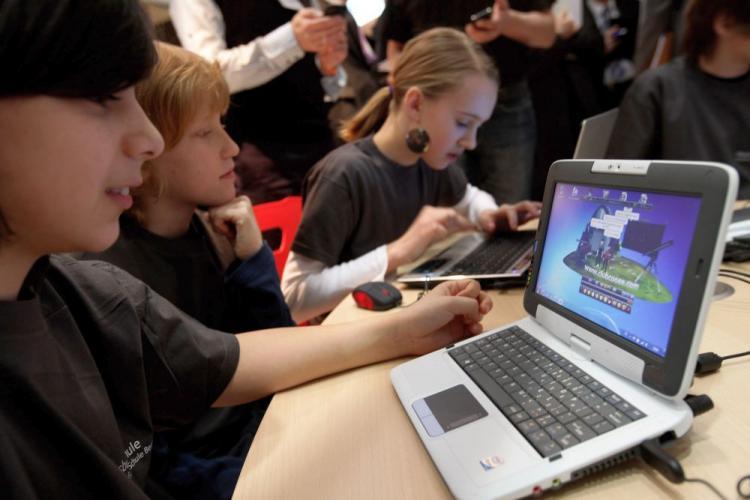Commentary
In Summer 2021, my son was disqualified from applying for a free computer programming course because of his race. With my curiosity sparked by his frustration, I have experienced an ongoing series of bureaucratic burlesques while arguing against such obvious racial discrimination.





